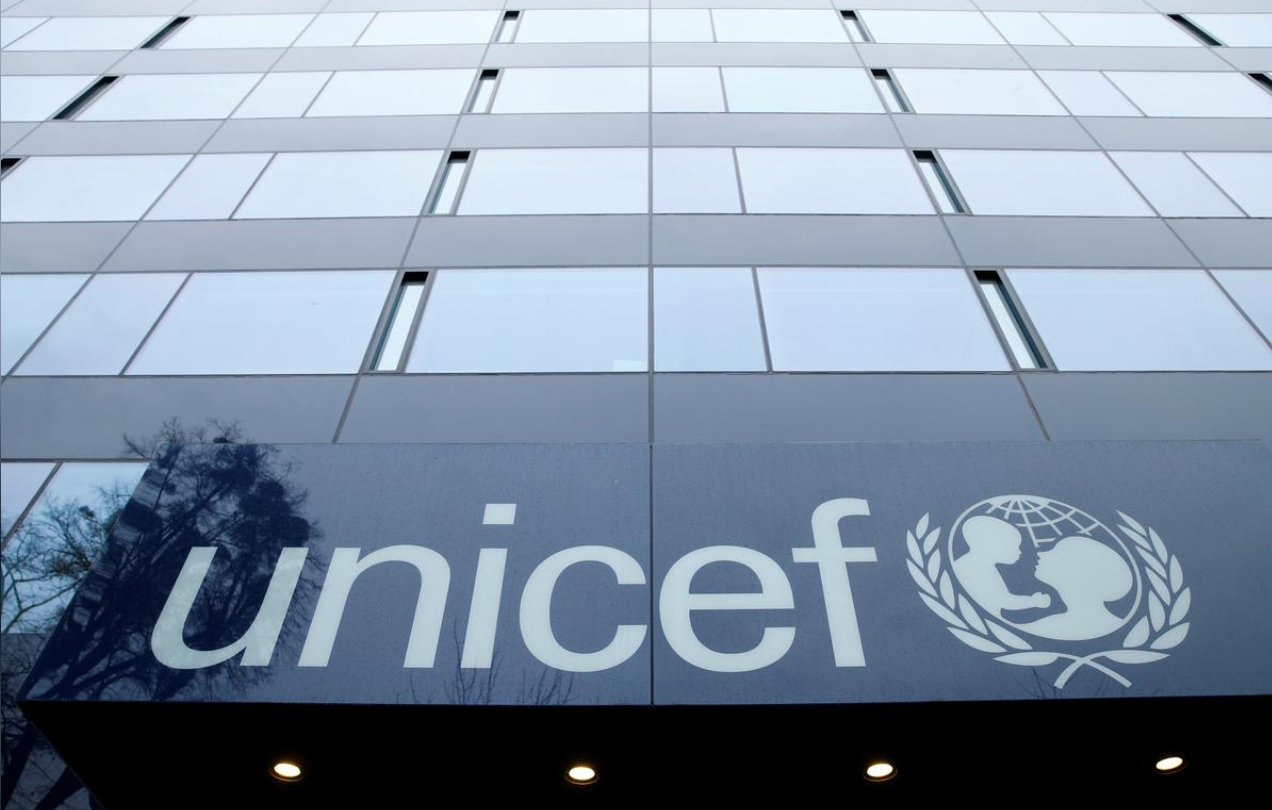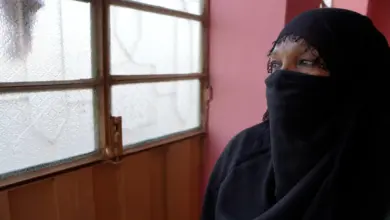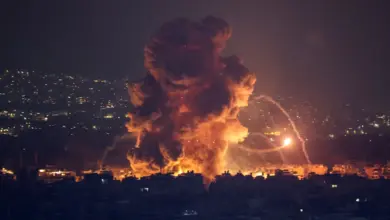The United Nations’ Children’s Fund (UNICEF) has added its voice to calls for the protection of children involved in street protests.
“Too often children are caught in the spiraling violence,” says Philippe Duamelle, UNICEF representative in Egypt, in the statement released on 22 December. “Reports and first-hand testimony by children paint a graphic picture of how the latest confrontations affect them. In the last six days, the numbers of killed, injured and detained children have reached alarming levels.”
Children have frequently been on the front lines of recent clashes between security forces and protesters in Cairo’s Tahrir Square and Qasr al-Aini Street, where they have risked injury and arrest to take part in the protests.
UNICEF says that at least two children were killed, tens injured and 73 detained during the six days of clashes that began on 16 December, 2011 when army soldiers violently broke up a sit-in outside parliament.
The children’s ages range from 11 to 17. Of the detained minors, 31 have been released and the rest held for periods of between 4 and 30 days.
Children — and in particular street children — have found themselves at the center of criticisms made of the clashes, during which army soldiers and plain-clothed men threw rocks, sheets of glass and other missiles at protesters from on top of the parliament building and the nearby Egyptian Scientific Institute.
Protesters responded with Molotov cocktails and stones. During the confrontation, the institute caught fire and much of its valuable collection of rare manuscripts was destroyed.
During a press conference held last week, General Adel Emara, a member of the ruling Supreme Council of the Armed Forces (SCAF), pointed to the fire as evidence that the protesters are not “genuine revolutionaries” but rather part of a plot to destroy Egypt.
During the press conference, Emara screened a video in an attempt to substantiate the assertion.
In the video, one youth — who appeared to be a minor — said that he had been paid by April 6 Youth Movement member Sherif al-Roubi to throw rocks and Molotov cocktails at security forces.
Another alleged that he had seen Merit Publishing House owner Mohamed Hashem distributing facemasks and helmets to protesters.
Several of the youths had visible injuries, prompting accusations that they had been abused while in custody. There were also suggestions that they had been forced to memorize and repeat confessions scripted for them in advance.
Lawyer Malek al-Adly told Egypt Independent on 19 December that none of the 23 children arrested during the clashes, and who he represented, have mentioned anything about being paid to take part in the protests.
The Tahrir satellite channel tracked down Amin Mansour, the youth who alleged that he had seen Hashem handing out facemasks and helmets, after the former’s release.
While Mansour and his family refused to give a statement, Hashem said that Mansour’s mother apologized to him.
“She told me that her son was kidnapped from in front of their building, beaten and tortured. She was terrified,” Hashem said.
The Mansour family has since moved out of their apartment, according to the Tahrir channel.
“UNICEF urges the authorities and all other parties to fully respect the rights of children and protect them in accordance with Egyptian and international humanitarian and human rights law,” Duamelle said. “They should not be victims of violence nor unnecessary witnesses to violence.”
On Sunday, Health Minister Fouad al-Nawawy announced that street children would be included in a new medical insurance system.
Nawawy was also critical of street children being blamed for the political crisis in Egypt.




